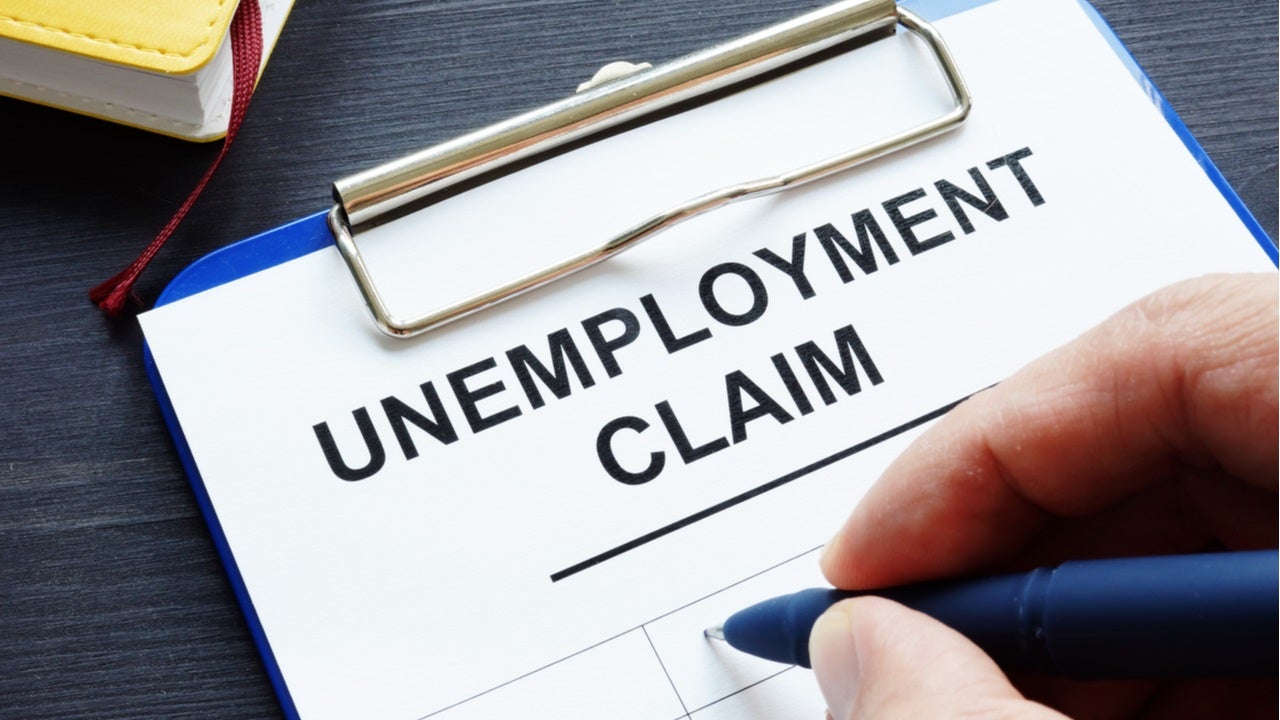The US economy showed some signs of recovery in the third quarter of 2020 but unemployment claims continue to remain above pre-pandemic levels. Layoffs are expected to rise over the next few months hampering recovery. Macroeconomic influencers share their views on the Covid-19 impact.
Ben Casselman
Ben Casselman, economics/business/data reporter for the New York Times, shared an article on applications for unemployment benefits continuing to remain high in the US. More than 800,000 people filed for new claims in the last week, according to the US Labour Department. Further, 464,000 people filed applications for benefits under the federal Pandemic Unemployment Assistance programme.
The article noted that the level of claims is still very high indicating a slowdown in recovery. Experts opine that without additional aid, layoffs will rise even as millions of workers who lost their jobs early in the pandemic still remain unemployed.
Another 800k Americans filed for unemployment benefits last week (not seasonally adjusted regular state claims). But note that comes with a big asterisk because of continuing data issues in California.https://t.co/GfxLHj7Vig
— Ben Casselman (@bencasselman) October 8, 2020

US Tariffs are shifting - will you react or anticipate?
Don’t let policy changes catch you off guard. Stay proactive with real-time data and expert analysis.
By GlobalDataRupa Subramanya
Rupa Subramanya, an economist, shared an article on India’s GDP forecast to decline by 9.6% in 2020-2021, according to a report from the World Bank. The forecast is a sharp decline from the previous estimate of 3.2% in June. The Indian economy is expected to return to growth in 2022 at a rate of 5.4% provided lockdown restrictions are lifted completely.
India recorded the sharpest decline in GDP at 23.4% in the third quarter, which is the biggest decline among global economies. As lockdown restrictions are lifted and businesses open up, the economy is showing some signs of recovery.
The South Asian region is expected to experience a severe recession, with regional growth forecast to contract by 7.7%. Small businesses and informal workers have been the hardest hit due to the pandemic, the article noted.
India’s GDP expected to plunge in 2020-21 by 9.6% revised down from June which predicted a 3.2% drop. Tough times ahead. https://t.co/vA1xOBEp16
— Rupa Subramanya (@rupasubramanya) October 8, 2020
Martin Sandbu
Martin Sandbu, European economics commentator at the Financial Times, shared an article on the European Central Bank’s (ECB) plans to launch a digital euro. The ECB has released a report on how a digital euro will be designed and its potential uses and disadvantages.
The report notes that the ECB wants to be ready with a digital means of payment as people are opting for digital payments instead of cash. It also elaborates on a number of conditions that the currency needs satisfy to address any concerns.
After an initial technical experimentation, the ECB will undertake an investigation phase and decide on whether to develop a digital euro or not, the report added. The article noted that a digital euro may become available by the end of 2025.
The @ecb published its report on launching a #digitaleuro last week & @Lagarde said the bank is ready to fulfill the needs of #Europeans if needed. @MESandbu forcasted an official #digitaleuro and an e-wallet by the end of 2025: https://t.co/hWIzcaMde9 via @financialtimes @FT
— Krisztina Iszák (@iszakriszti) October 8, 2020
Claudia Sahm
Claudia Sahm, a policy analyst, shared an article on JPMorgan Chase’s plans to commit $30bn over the next five years towards narrowing the racial wealth gap. The bank will offer loans for the Black and Latino community to enable access to affordable housing and boost minority-owned businesses.
JPMorgan has allocated $8bn for the funding of 40,000 mortgages of minority home buyers, while $14bn is allocated to fund 100,000 affordable rental units. The bank will also lend $2bn to small businesses and open new branches to better serve areas of Chicago, Los Angeles and Detroit.
Sahm noted that the news was encouraging but also sad, because the wealthy financiers are coming forward to help minorities instead of the Federal Reserve. She questioned as to what the Federal Reserve is doing to help minorities especially in the current pandemic induced recession.
welcome new but sad. @federalreserve was created in 1913 after a financial crisis in which J.P. Morgan (the man) and other wealthy financiers decided the ‘winners’ and ‘losers’ to bailout … what’s the Fed actually doing to help minorities especially now? https://t.co/9N9C6tdXTn
— Claudia Sahm GET MORE MONEY OUT (@Claudia_Sahm) October 8, 2020
Colin Williams
Colin Williams, professor of public policy at Management School, University of Sheffield, shared an article on a report from the UK National Audit Office that taxpayers may lose up to £26bn ($34.9bn) from the loans distributed under the government-backed bounce-back loan scheme (BBLS).
A total of £38bn ($49.13bn) has been borrowed by 1.3 million businesses under the scheme, which may increase to £43bn ($55.6bn) by the end of November. The scheme is characterised by limited credit checks and fraudulent applications, which may result in up to 60% of customers failing to repay the loans, the article noted.
As a result, taxpayers may have to pay between £15bn ($19.39bn) and £26bn ($34.9bn) to cover bad debts created by the scheme.
https://twitter.com/Colin_CWilliams/status/1314086137644937217




